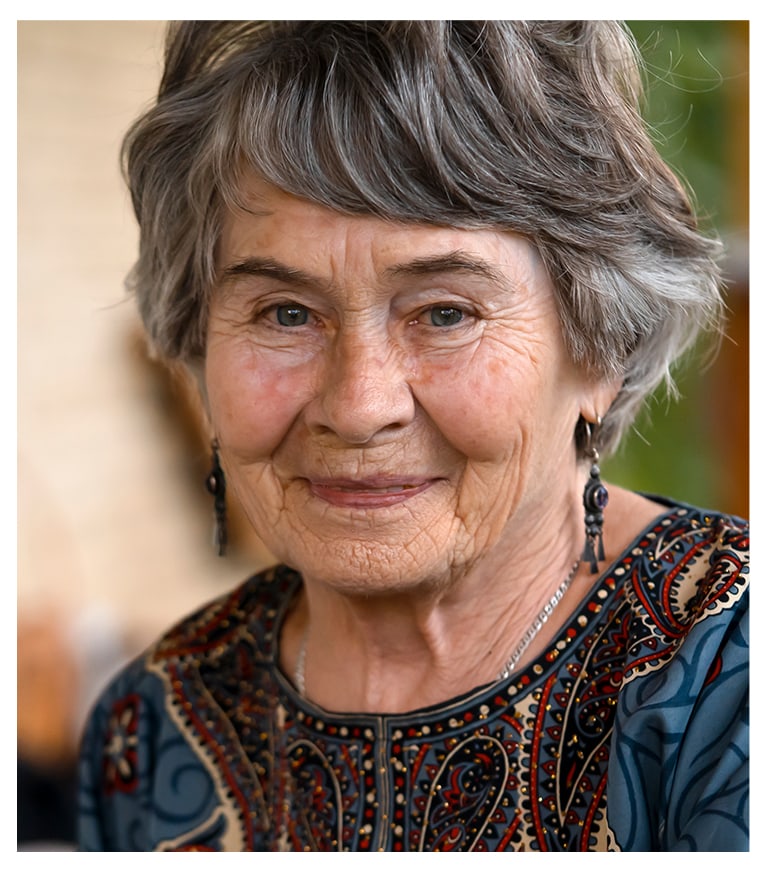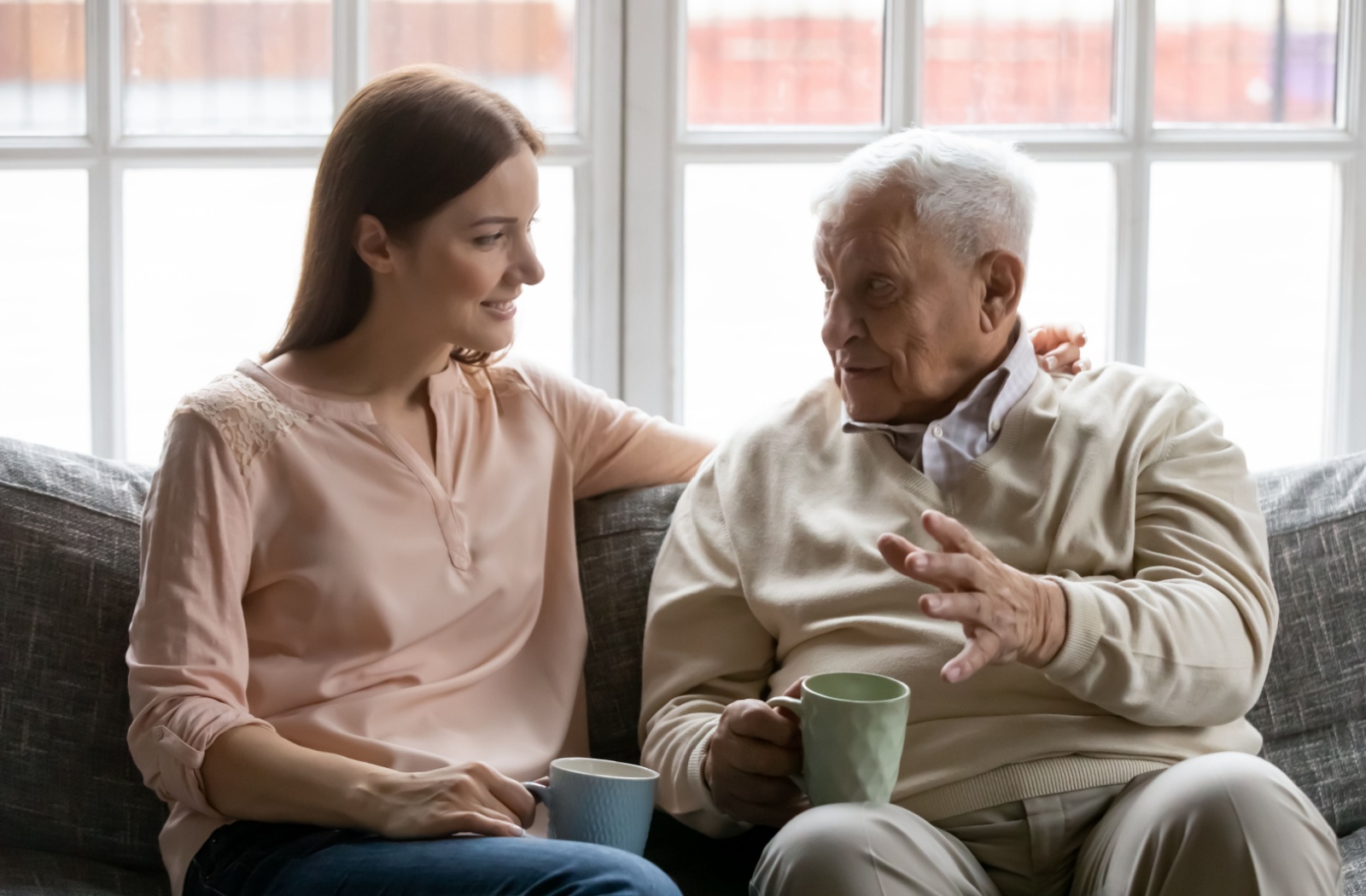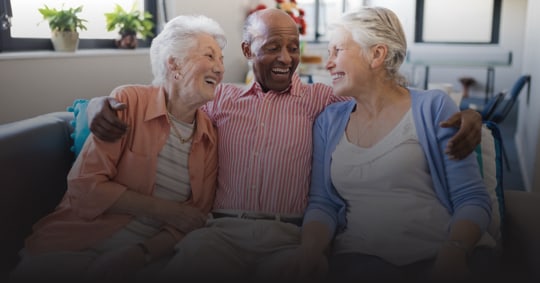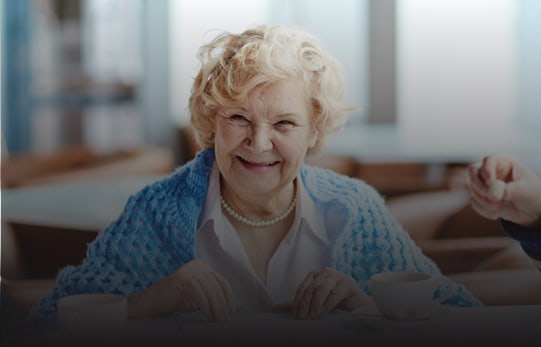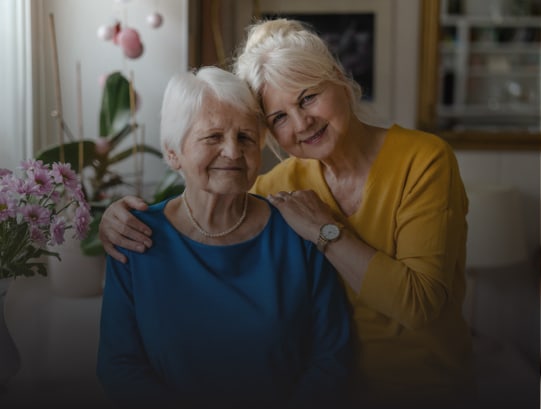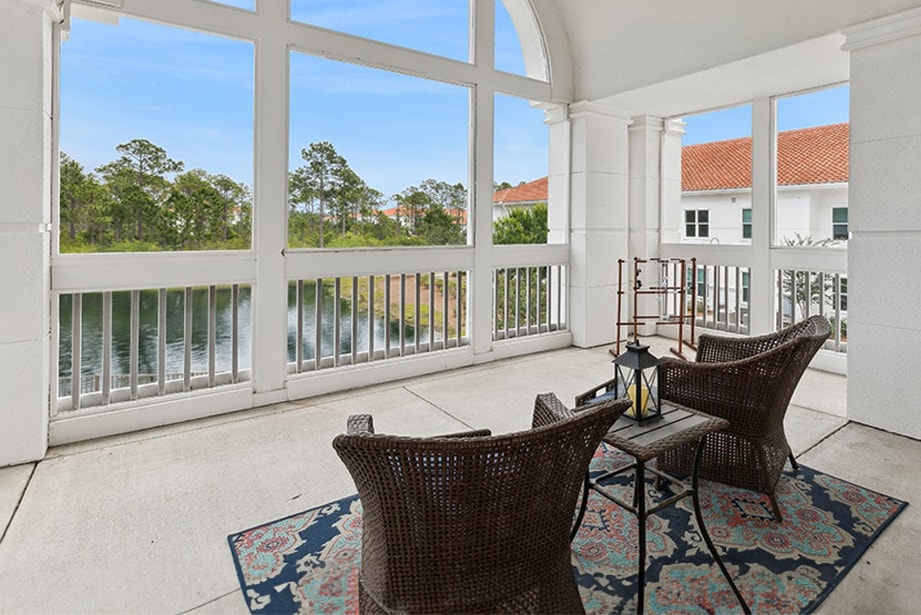Caring for aging parents is a rewarding experience but comes with unique challenges. One of these challenges is preventing falls, which can significantly impact a loved one’s quality of life and independence.
By implementing a few simple strategies, you can create a safer environment for your aging parent and help them maintain their active lifestyle. Consider these options for helping prevent falls:
- Home safety measures
- Exercise & mobility aids
- Care planning
What Can Cause Falls?
Several health and age-related conditions and environmental factors can increase the likelihood of falls in older adults. By recognizing these, you can take proactive steps to mitigate risks for your parent.
These conditions include:
- Muscle weakness: Conditions like sarcopenia (age-related muscle loss) can make it difficult to maintain balance.
- Vision impairments: Cataracts, glaucoma, and macular degeneration can impair vision and increase the risk of falls.
- Chronic conditions: Diabetes, arthritis, and Parkinson’s disease can affect mobility and balance.
- Medications: Certain medications, such as blood pressure medications and sedatives, can cause dizziness or drowsiness.
- Cognitive decline: Dementia and other cognitive impairments can lead to confusion and disorientation.
- Foot problems: Foot pain, bunions, and poor-fitting shoes can increase the risk of falls.
Environmental factors in the home that can contribute to falls include:
- Cluttered walkways: Obstacles like shoes, cords, or furniture can create tripping hazards.
- Poor lighting: Insufficient lighting, especially in hallways and stairways, can make it difficult to see potential hazards.
- Loose rugs & carpets: Unsecured rugs can easily cause falls.
- Slippery floors: Wet floors, spills, or polished surfaces can be slippery.
- Unstable furniture: Chairs, tables, or stools that are not sturdy can tip over.
Signs & Symptoms of Falls to Watch For
Recognizing early warning signs means you can intervene before a fall occurs. Adult children and caregivers can look for the following:
- Frequent stumbling: If your parent is stumbling or tripping more often, especially when walking or getting out of bed, it’s a red flag.
- Difficulty rising: If your parent struggles to get up from a seated position, it may indicate weakened lower body strength.
- Change in gait: If your parent shuffles their feet, has an unusual walking pattern, or has difficulty turning, it can signal balance issues.
- Fear of falling: If your parent expresses fear or anxiety about walking, it can increase their fall risk due to hesitancy and reduced confidence.
- Dizziness or lightheadedness: If your parent often feels dizzy or lightheaded, it can contribute to falls.
- Changes in balance or coordination: If your parent has difficulty reaching for objects, turning, or maintaining balance, it can indicate increased fall risk.
- Bruises or injuries: If you notice visible signs of previous falls that your parent may not have mentioned, it could be a red flag.
Steps to Take When an Elderly Parent Keeps Falling
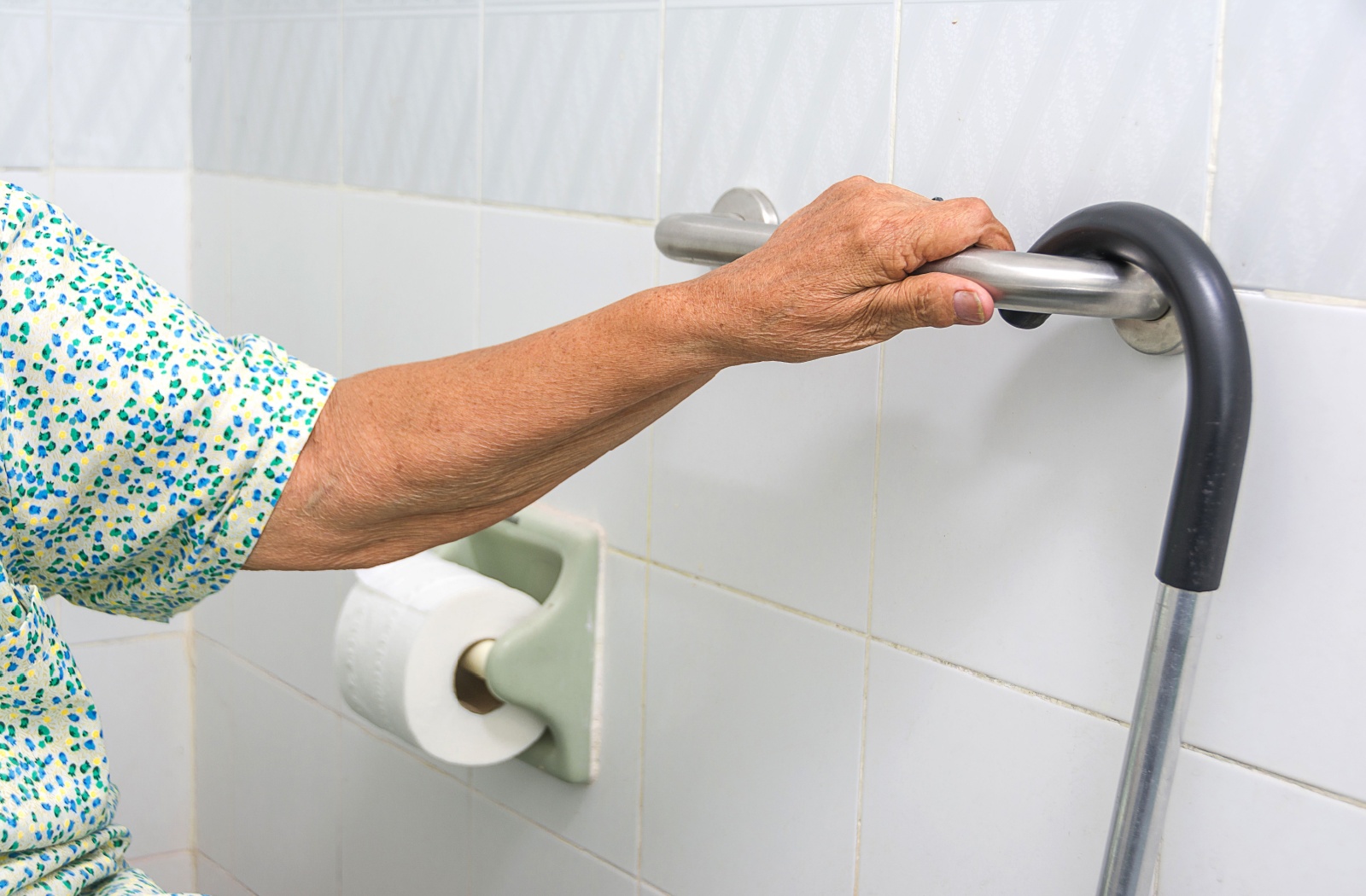
Falls don’t happen for no reason and can change your parent’s life. However, you can take some preventive measures to reduce their risk.
Home Safety Modifications
Making a few home modifications can significantly reduce your parent’s risk of falling:
- Install grab bars in bathrooms and along staircases.
- Improve lighting in all areas, especially stairs and hallways.
- Remove tripping hazards by keeping floors clutter-free and securing loose rugs with non-slip pads.
- Use non-slip mats in the bathroom and kitchen areas to prevent slipping on wet surfaces.
- Rearrange furniture to keep pathways clear.
- Install a nightlight in the bedroom to help prevent falls during nighttime trips to the bathroom.
- Install a smoke detector and carbon monoxide detector to alert your parent to potential dangers and help them evacuate safely in case of an emergency.
- Consider getting a safety assessment for your parent’s home. A professional can identify potential hazards and provide tailored recommendations.
Exercise & Mobility Aids
Physical activity and appropriate mobility aids can significantly improve strength and balance, reducing the risk of falls.
- Strengthening exercises that target the lower body muscles, such as squats, lunges, and calf raises can increase your parent’s muscle strength.
- Balance exercises, like standing on one leg, walking heel-to-toe, or Tai Chi, can also help prevent falls
- Group exercise classes offer social support and motivation, like yoga, Pilates, or a water aerobics class.
- Assistive devices, such as canes, walkers, and other mobility aids, can provide additional support and help your parent stay active.
- Physical therapy may also be beneficial in creating a customized exercise and mobility plan for your parent.
What to Do When a Fall Occurs
If your parent does experience a fall, knowing how to respond can prevent further injury. Here’s how you can help:
- Stay calm and reassure your parent.
- Check for visible injuries, such as cuts or bruises.
- Assess your parent’s condition.
- If they’re safe, help your parent up slowly.
- Monitor for worsening symptoms.
- Call emergency services for severe pain, bleeding, or suspected fractures.
- Seek medical attention for head injuries or loss of consciousness.
- Document any falls.
Long-Term Care & Short-Term Support Strategies
There may come a time your parent requires care that you are unable to provide on your own. Senior living communities offer various levels of care, including assisted living, memory care, and respite care. Discussing these options with your parent and planning for their future needs is important. With proper planning and support, you can ensure your parent receives the best possible care.
Beyond fall prevention and care, senior living communities offer a comprehensive range of benefits, including delicious and nutritious dining, transportation services, and social activities.
Assisted Living
If frequent falls become a significant concern, an assisted living community could be a good option. These communities are designed to provide a safe and supportive environment, with features specifically tailored to reduce fall risks, promote overall well-being, and support independence.
Respite Care
Respite care offers short-term stay options within senior living communities. These short stays provide caregivers with a much-needed break and the resident with quality care and a taste of community living.
Assisted Living Support & Professional Care
You’re not alone in this journey. Our team at Somerby Santa Rosa Beach is dedicated to providing professional support for your loved one. From assisted living services to memory care, we offer a range of personalized options tailored to fit each resident’s unique needs. Our professional caregivers are available 24/7 to assist with daily tasks, medication management, and any other needs that may arise.
Please feel free to contact us today with any questions or to schedule a visit to our community. We would love to show you and your loved ones around!
